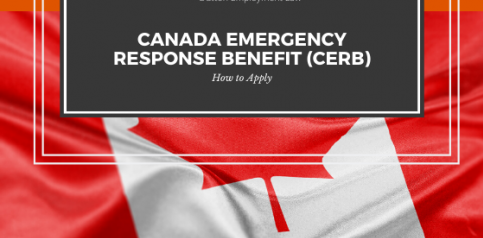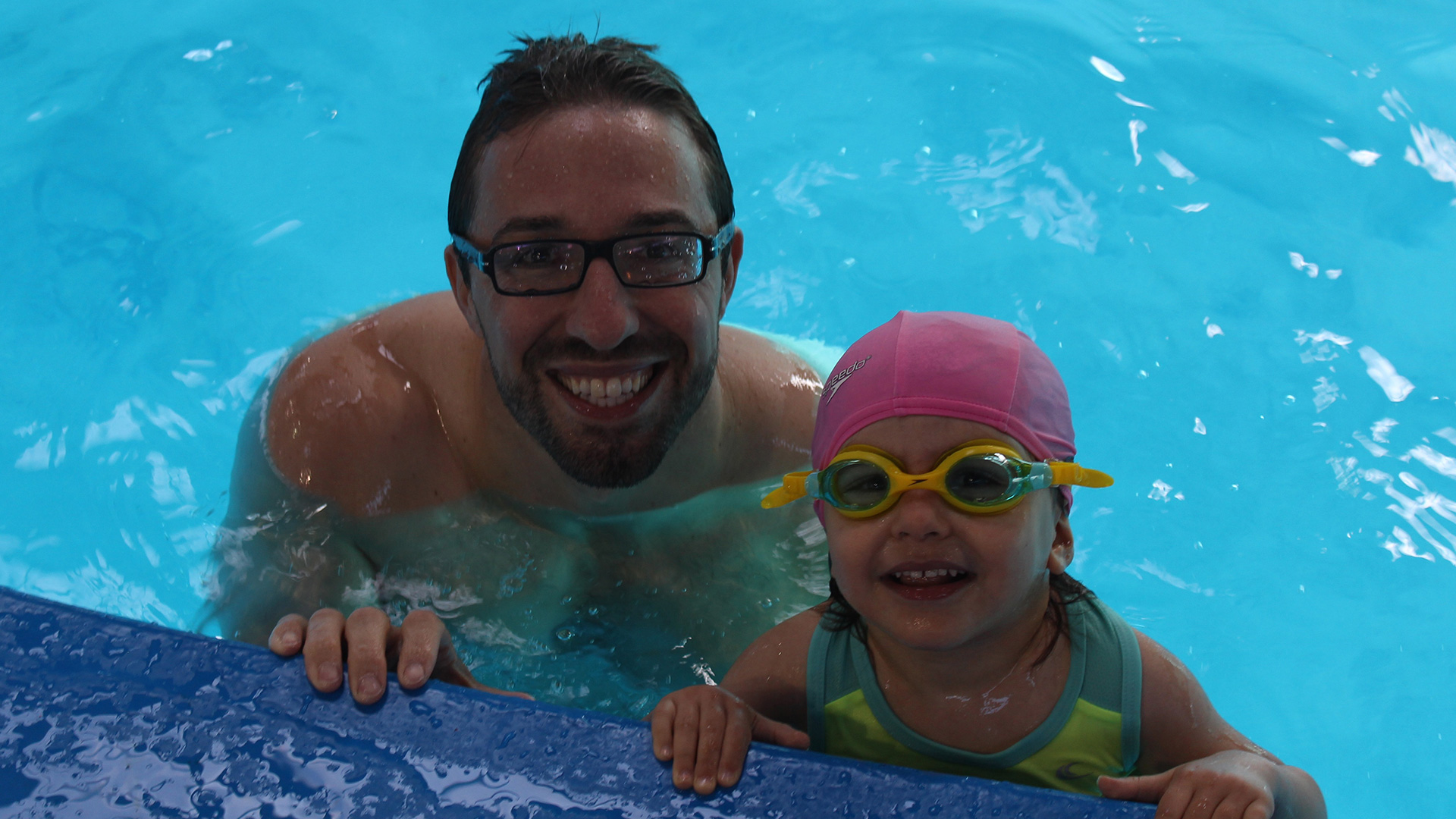For the millions of part-time employees, the CERB has been a lifeline amidst the covid storm.
While there has been lots of great articles written about the impacts and benefits of the Canadian Emergency Response Benefit for salaried and full-time employees, there isn’t much literature available regarding the implications of the CERB for part-timers.
Since our company has over 200 part-time employees who are out of work, I’ve become more informed than most. What became glaringly obvious right away is that there are a few major red flags for part-timers that are not being communicated clearly or have simply not been addressed.
The Good
The Canadian government, in my opinion has done an incredible job of making quality assistance and support available to its citizens and business rapidly and efficiently. The “pay now, ask questions later” approach to issuing support, in my humble opinion, has given individuals, families and businesses confidence during this uncertain time. The application process is simple, the online capacity was quickly expanded to support the hundreds of thousands if now millions of applications coming in, and the money is being paid out quickly as promised.
Red Flags
There is not a lot of information out there about limitations and applications of CERB to lower-earners, as well as how much of the money may have to be paid back. For the moment, this can be forgiven as the priority was to get the money to people who need it, and fast. And they have done exactly that, so kudos to the government for this. And even though most people are spending far less given the quarantine situation, there is still possibility of spending-happy individuals using their CERB money without knowing of any consequences.
This is taxable income where the taxes are not withheld at source. While most of our paychecks have the taxes withheld and automatically paid to the government, the CERB is sent without income taxes being withheld. That means at some point, latest end of the year when it’s time to file 2020 income taxes, anyone who received the CERB will owe the taxes on it. As a rule of thumb, put aside 10-30% into a savings account (depending on your previous year’s tax rate), DO NOT TOUCH IT, and earn some interest while you’re at it.
Everyone gets the $2000/month, regardless of their previous income situation, whether part-time, full-time, salaried, contractor, or independent worker. $2000 per month is equivalent to a $24,000 annual salary, far the typical annual salary of salaried worker, contractor or independent worker who works full time.
But what about part-time employees, namely students, who earn less than $24,000/year? If they are earning more through the CERB, is it considered free money? While there isn’t much information our there addressing this particular issue, I would be willing to bet that the answer is NO. The CERB benefit is meant to tide people over until they can re-establish their usual income. It is highly unlikely the government will allow lower earners to out-earn their pre-covid income through CERB without repayment, or in worst cases, penalty.
Let’s take the example of a part-time student – we’ll call him Joe – who earned$10,000 per year (or about $833/month) pre-covid. We’ll assume Joe is now completely out of work, and since he earned more than $5000/year he is eligible for CERB. While some think Joe should be thrilled about the prospect of suddenly receiving twice his usual income (without having to work), this is a dangerous road to take.
Joe should instead put aside $24,000-$10,000= $14,000/12 = $1167 of the benefit. For the remaining $833, he should put aside an additional 30% ($249.90) for taxes. This leave Joe with $583.10 for his monthly expenses. *Note we assumed a 30% tax rate, which is probably overkill, but hey better safe than sorry.
The government has already indicated it will perform the necessary checks later, and that any ineligible amounts will have to be repaid. I anticipate workers who earned less than the $2000 per month who applied and received their CERB payment will have to return the difference.
Conclusion
If you earned less than $2000/month pre-covid, then play it safe. Put aside any amounts higher than what you previously earned. Put aside the taxes on the remaining amount. I recommend using a savings account so you can at least earn some interest on the balance. Keep track of what you spend closely.
Avoid spending your CERB payment freely. There is no free money in this world.












